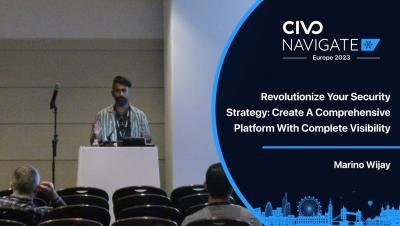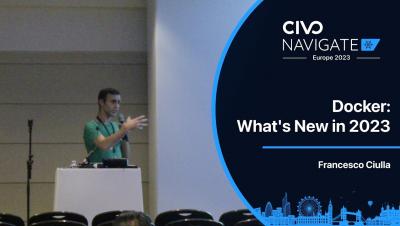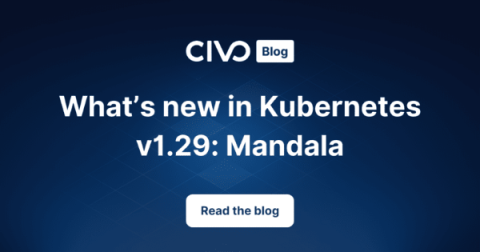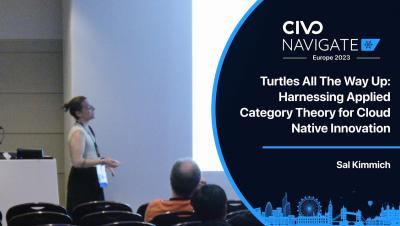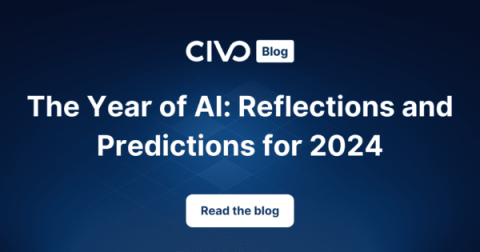Operations | Monitoring | ITSM | DevOps | Cloud
Civo
What's New in Docker 2023? Discover New Docker Features with Francesco Ciulla! - Navigate Europe 23
WebAssembly Arrives: Predictions for 2024
Many will rightly point to 2023 as a year of AI, and it certainly was that. But what has really struck me in 2023 were the incremental, often less headline-grabbing changes, that have made developers’ lives easier and unlocked so much innovation. Kubernetes has continued to mature this year, going ‘under the hood’ in organization’s infrastructure and regularly used to support major use cases by large, enterprise-level businesses.
The Year Tech Went Green: Reflections and Predictions for 2024
2023 was a big year for sustainability. More and more tech teams are realizing that sustainability is not a nice to have but a strategic priority for businesses. This conviction extends from leadership through to developers. I have been blown away by developers leading the charge to create innovative new tools for accountability and Corporate Social Responsibility (CSR).
What's new in Kubernetes v1.29: Mandala
As Kubernetes continues its journey of innovation and improvement, the release of Kubernetes v1.29, also known as the Mandala release, marks another significant milestone. Through this update, there are a total of 49 enhancements, and of these enhancements, 11 have graduated to Stable, 19 have entered Beta, and 19 have graduated to Alpha. In this blog, we'll dive into the key updates of Kubernetes v1.29, highlighting how these changes will shape the future of container orchestration.
Applied Category Theory for Cloud Native Innovation with Sal Kimmich - Navigate Europe 23
How Authorization Evolves with Alex Olivier: From Basic Roles to ABAC - Navigate Europe 23
The Year of AI: Reflections and Predictions for 2024
Who could have predicted that 2023 would see such a huge leap forward in Artificial Intelligence (AI)? That this was going to be the year industries decided that, this is the decade, we would solve AI. From the earliest research as far back as the 1940s, we’ve all been holding our breath, wondering when AI will live up to the expectations painted by science fiction writers and futurists. With the arrival of ChatGPT from OpenAI, we’ve been catapulted into the next generation.


